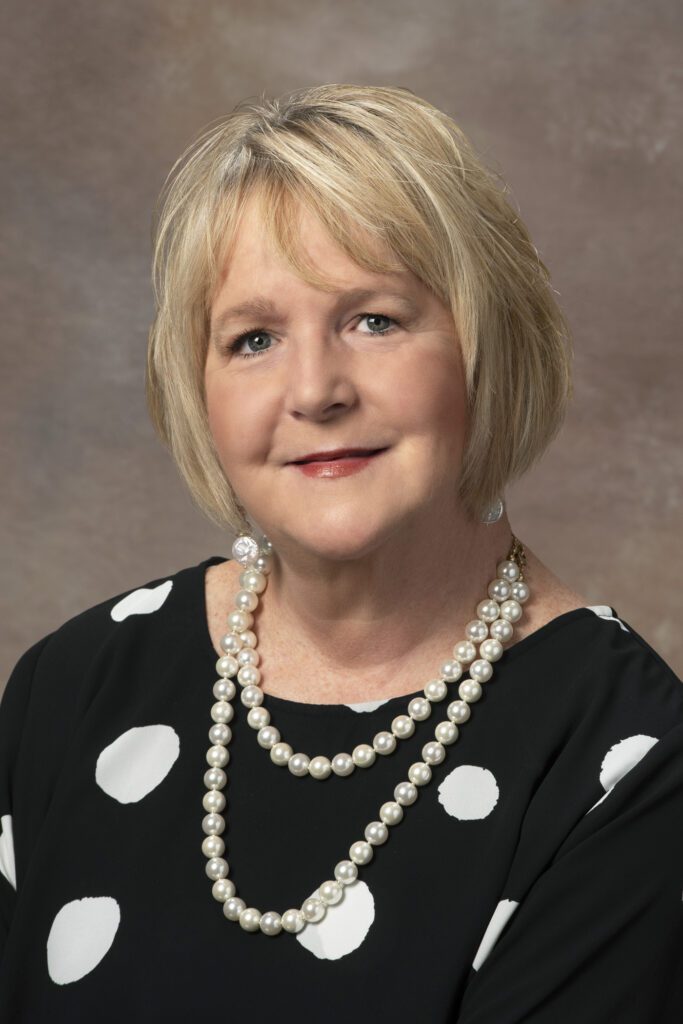by TERESA SCHIFFER
Sponsored by Central Florida Health Care
Every October, we don pink ribbons to show our support for those affected by breast cancer, a disease that claims the lives of over 42,000 women each year in the U.S. Ann Claussen, breast cancer survivor and CEO of Central Florida Health Care, knows firsthand how important it is for women to know their family history and risk of breast cancer, and why early detection is vital.


“I have always been very faithful about having mammograms done once a year,” Claussen says. “There’s a lot of cancer in my family, so I’ve always been very dedicated to having that done.”
Mammograms remain the preferred method of screening for breast cancer. A mammogram is an X-ray of the breast, and in many cases can detect cancer before any symptoms are present. Earlier intervention and treatment often result in more favorable outcomes for patients.
The general guidelines currently recommend that women with no family history of breast cancer receive annual mammograms from age 50 to 74. However, due to an increase in women being diagnosed with the disease in recent years, it is now advised that women begin having this screening performed starting at age 40. A person’s primary care provider can best advise that individual on when they should begin including mammograms in their regular physicals based on their specific medical history and risk factors.
Having lost several close family members to cancer, Claussen began having her screenings performed before she reached age 40.
“My biological mom died at age 39 of ovarian cancer, but a lot of the different cancers are linked,” Claussen shares.
Ovarian and breast cancer are linked by a genetic component. Those who have inherited a mutation in the BRCA1 or BRCA2 gene are far more likely to develop breast or ovarian cancer in their lifetime, and patients who develop ovarian cancer are routinely recommended to have genetic testing and counseling performed to better assess their risk of breast cancer.
Claussen had the genetic test performed and became diligent about protecting her health by having mammograms included in her regular annual physicals.
As she recalls, “It was very important to me that I get it done due to the history in my family.”
Her vigilance paid off when Claussen was able to catch the cancer at stage 2 and have it treated successfully with surgery and a single application of radiation therapy in 2014.
“I had no symptoms,” she says. “It was just during my regular checkup.”
Chemotherapy was not required in her case. She still gets mammograms every year to monitor her health and has not yet had a re-emergence of the cancer.
“Listen to your primary care physician, and if they recommend, due to family history, that you start having mammograms early, then have them regularly and do what your physician advises,” Claussen says. “The key to beating breast cancer is to catch it early.”
She says that many times patients don’t have the means to get a mammogram.
“They sometimes come to us after they’ve found a lump, and sometimes that goes into stage 3 and stage 4 and it just makes it more difficult to treat because you’re talking about chemotherapy, and it just gets very scary at that point.”
To help prevent patients from suffering through a more advanced breast cancer diagnosis, Central Florida Health Care has a special program available to provide mammograms to qualified individuals. Since 2016, Central Florida Health Care has sponsored an annual golf tournament to raise funds to cover the expense of mammograms for women who would otherwise be unable to afford the screening. So far, a total of 1,052 women have benefitted from this life-saving program. The 8th annual event will be held in October.
